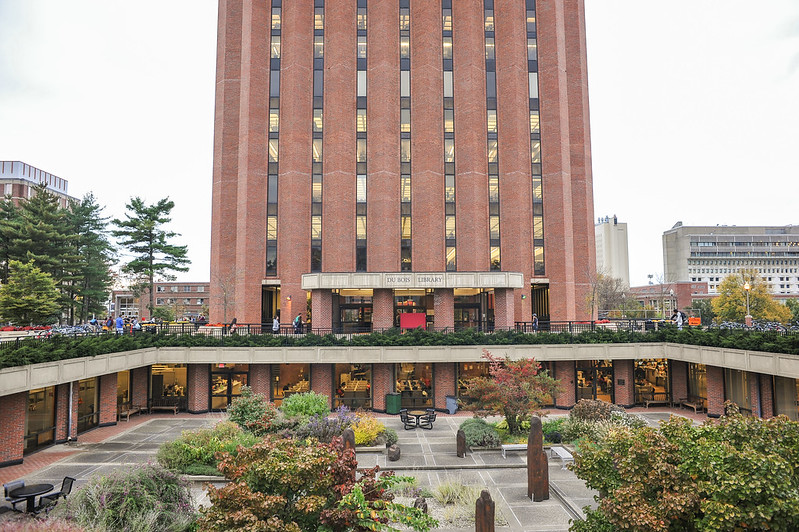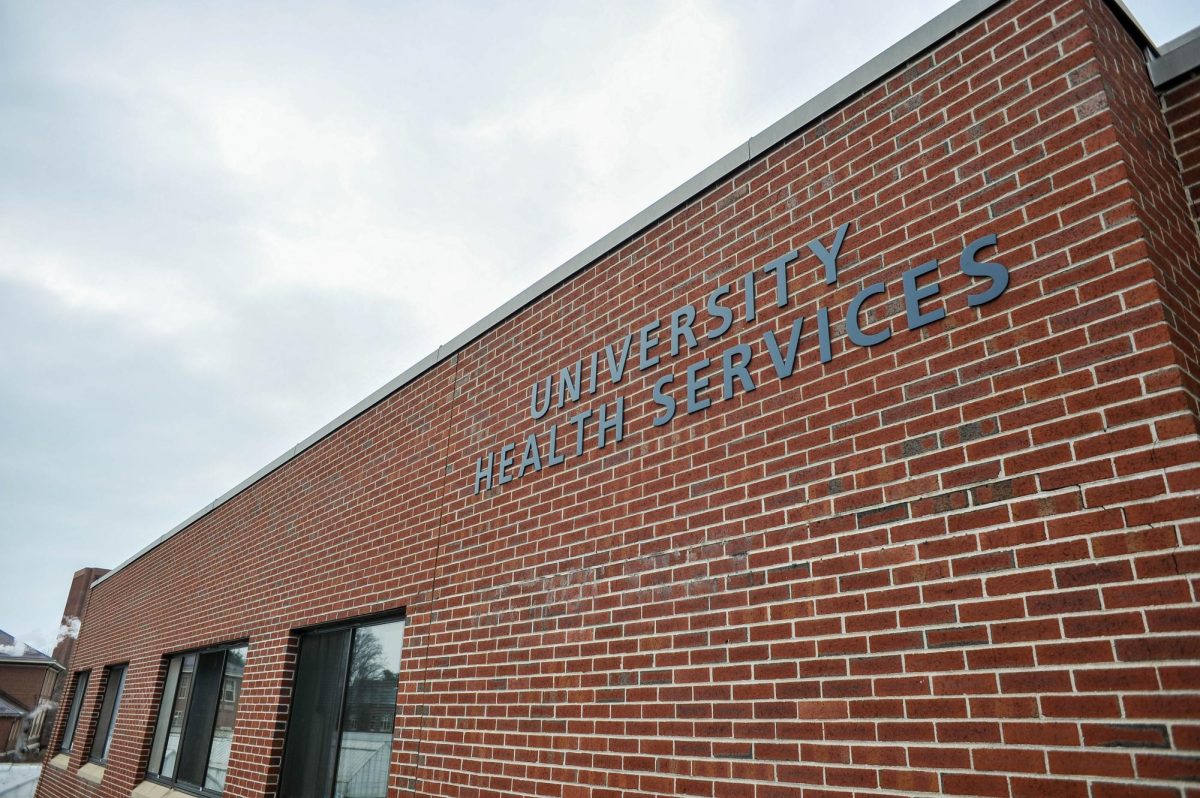Sleep. We all need this essential part of life, and yet more often then not, we go without it. Whether it’s because we need to pull an “all-nighter” to finish a paper, are out partying/hanging with friends, or simply can’t seem to fall asleep, sleep deprivation affects us all.
As college students, we need to keep a fresh, sharp mind to stay ahead in our studies, as well as for good health. However, getting our “eight hours” becomes increasingly harder as we get older. I, for one, in high school remember getting a lot more sleep. Maybe it was because I was at home and didn’t have as much freedom as I do here at UMass. Hanging out with friends instead of doing homework, watching movies on our laptops, or jamming out to some tunes are some of the reasons why many of us fall behind on sleep. It is very easy to be distracted and let other things get in the way of what’s truly important. Sometimes however, not getting enough sleep seems unavoidable. The amount of schoolwork and other activities can seem overwhelming.
Some might ask, what exactly is sleep deprivation? Well, according to the health and medical information site WebMD, it is “a sufficient lack of restorative sleep over a cumulative period so as to cause physical or psychiatric symptoms and affect routine performances of tasks.”
Basically, we don’t perform our best when we haven’t gotten enough sleep the night before or nights previous. At many points in our lives, we have felt the effects of sleep deprivation. Being irritable, drowsy, and stressed are just a few of the symptoms. Brain functions such as reaction time suffer, affecting our coordination. Concentrating becomes very difficult, and memory starts to fail. Depression and hallucinations are among some of the more serious consequences. One effect of sleep deprivation that surprised me was weight fluctuation. As I researched, I found that the hormone leptin controls “our feelings of fullness and satisfaction,” and the hormone ghrelin triggers our appetite. When one doesn’t get enough sleep, ghrelin levels rise, while leptin levels plummet, tricking us into eating more. This sheds new light on “the freshmen 15” phenomenon. It’s scary to think that with just a few days of missed sleep it’s possible to gain a few pounds. The health consequences of being deprived of sleep add up to a very serious reality check.
As college students, we have to work very hard to maintain our grades. This requires a lot of studying and time spent on homework. Unfortunately, there never seems to be enough hours in the day to get everything done, so the amount of sleep we get can suffer. How can we change this? Well, the answer is unique to each individual. Some people are involved in different clubs, activities and sports that require a lot of time on top of all the schoolwork. Others have jobs and responsibilities that can occasionally, come before school.
I’m not saying give up all your after-school activities; our social lives are an important ingredient to becoming a more mature and worldly person. Sports and exercise keep us fit and help us lead a healthy lifestyle. One of the most important skills at college and in life is time management. Whether it’s cutting down on Facebook, Skyping, or watching TV, there are nonessential areas of our lives that can be cut back in order to get a good night’s sleep. Cutting back will be difficult for many, however, the evidence is undeniable; we all need sleep, or else we’d die.
It all comes down to leading a healthy lifestyle by not only eating and exercising but by getting enough sleep so we feel rested, energized and ready to take on the world. If we want to excel in school or just function normally, we need at least eight hours of sleep a night.
Leah Mandly is a collegian correspondent. She can be reached at [email protected].











